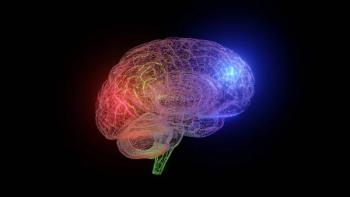
Transcranial direct current stimulation for depression.

Transcranial direct current stimulation for depression.

A look at one of the most informative yet easy-to-administer tests for assessing brain dysfunction.
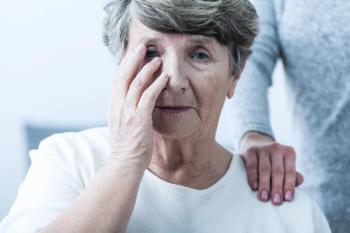
What are the available and upcoming AD treatments and how can you utilize them to best serve your patients?

From the normalization of burnout to the identification of sleep-wake disturbances post-TBI, here are highlights from the week in Psychiatric Times.
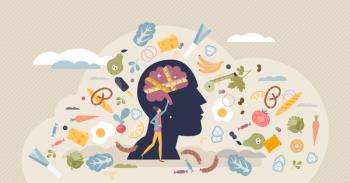
How can neuromodulatory treatments be used in patients with eating disorders?
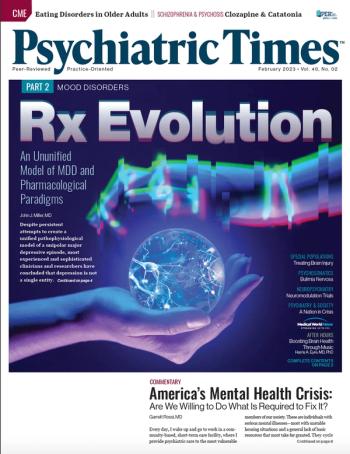
The experts weighed in on a wide variety of psychiatric issues for the February 2023 issue of Psychiatric Times.

From noninvasive brain stimulation treatment for acquired brain injury to an update on the prior authorization process, here are highlights from the week in Psychiatric Times.
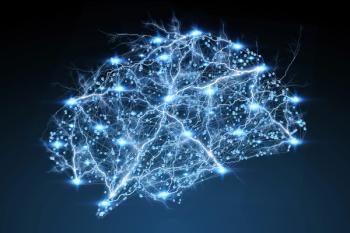
"20% to 30% of patients develop a persistent, hard-to-treat illness."
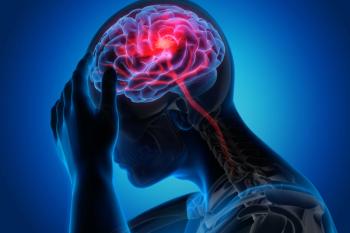
"rTMS and tDCS allow for controlled and targeted neuromodulation, and when combined with other therapeutic approaches, they may produce superior outcomes."
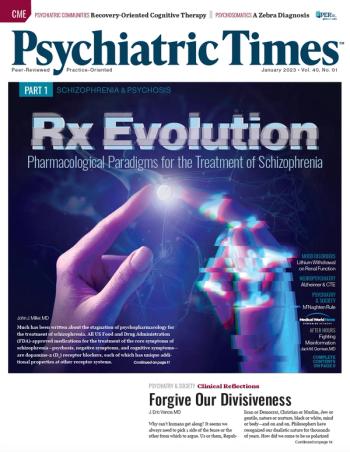
The experts weighed in on a wide variety of psychiatric issues for the January 2023 issue of Psychiatric Times.

From special issues in diagnosing and treating catatonia to helping justice-involved individuals re-enter the community, here are highlights from the week in Psychiatric Times.
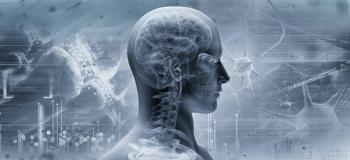
Which innovations can improve measurement, technology, investment, and public policy surrounding brain health?

Alzheimer disease research may offer the key to effective treatment for former athletes.

Why can’t humans get along? An expert explores the biological underpinnings of our dualistic thinking.

Selections from the 2022 Psychiatric Times cover features.

From new legislation that would expand the US approach to mental health to drug abuse trends and treatment approaches for 2023, here are highlights from the week in Psychiatric Times.

Cognitive and psychiatric symptoms at 3 months post-stroke might predict daytime sleepiness and fatigue at 12 months.

From evidence-based novel therapies for bipolar depression to potential indicators of early-stage Alzheimer disease, here are highlights from the week in Psychiatric Times.
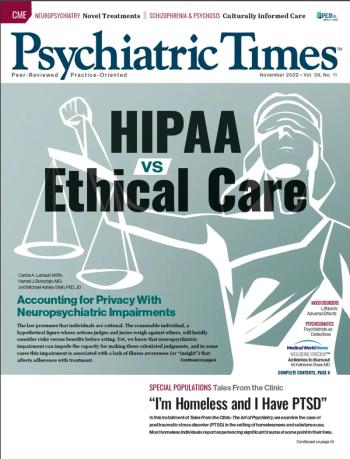
The experts weighed in on a wide variety of psychiatric issues for the November 2022 issue of Psychiatric Times.

From the cross-cultural dimensions of psychosis to the economic burden of schizophrenia, here are highlights from the week in Psychiatric Times.
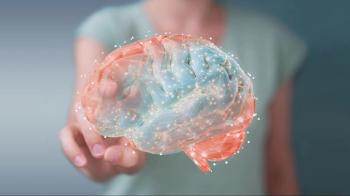
Noninvasive brain stimulation techniques have been shown to be safe and effective in treating the cognitive, physical, and emotional consequences of acquired brain injury.
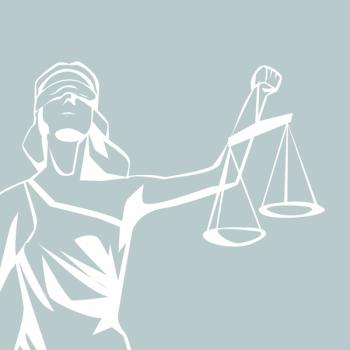
The law presumes that individuals are rational. But what about when the patient has neuropsychiatric impairments that hinder judgement?
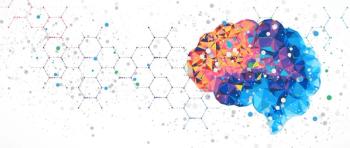
Beyond the COVID-19-driven shock, we must develop a resilient future in an increasingly uncertain world.

Can Alzheimer disease research offer the key to effective treatment?
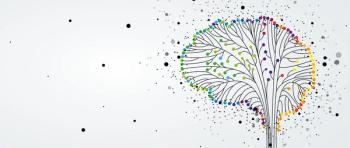
"Rooted in ancient meditative traditions, mind-body practices can offer simple and scalable tools of self-regulation that incorporate controlled paced breathing, which is therapeutic in alleviating symptoms of stress, anxiety, depression, and chronic pain disorders."